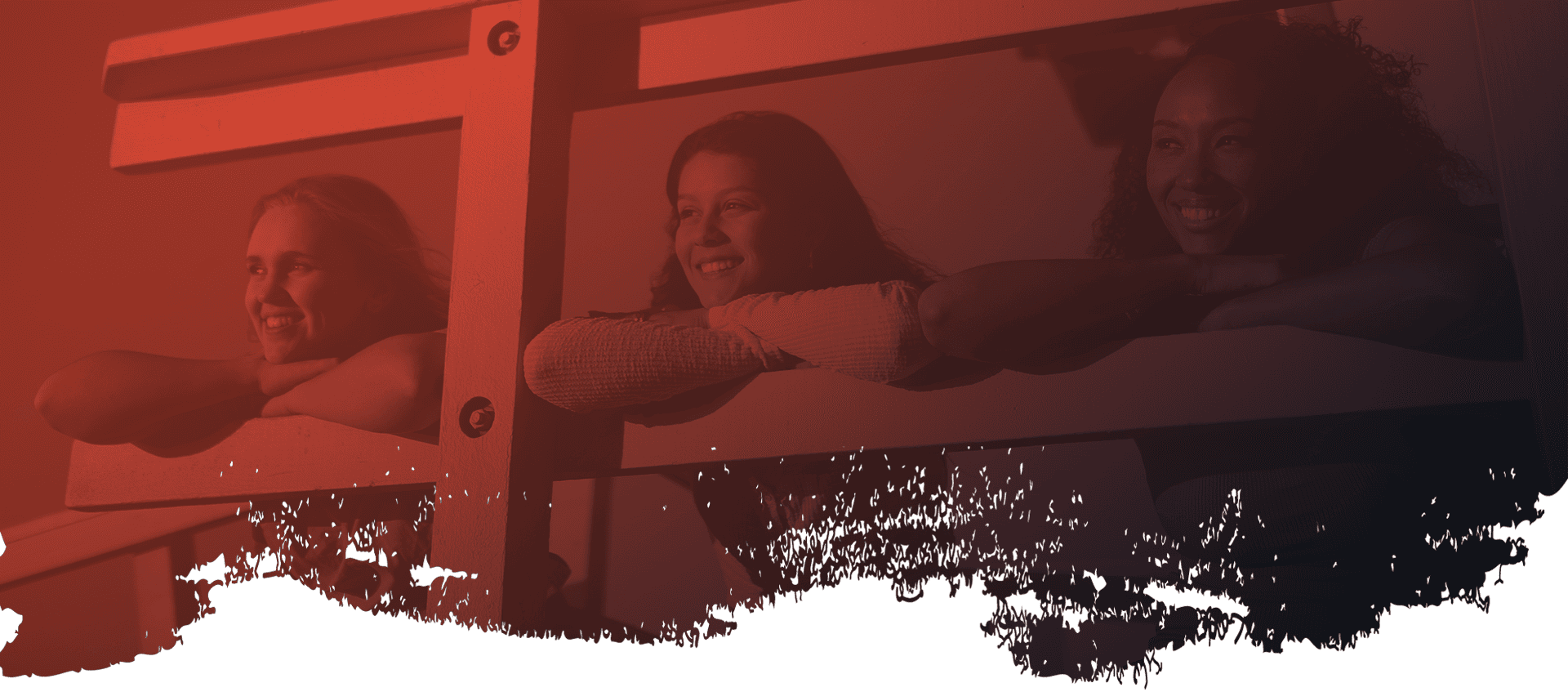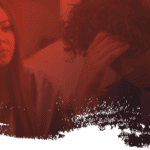
Weight management methods: when should I start being concerned?
To better understand
As discussed in the fact sheet Body image, many teens are not satisfied with the way they look. This dissatisfaction can lead them to resort to high-risk practices. Dieting, miracle products promising weight loss or muscle gain or working out excessively are some examples of this. As a parent, when should you start being concerned and what should you do?
Most parents are happy to see their teen getting physical exercise or even eating healthfully. Changing their habits by including, for example, more fruits and vegetables, is a great idea. However, eating habits or physical activity solely focused on weight loss or controlling body image is the first warning sign.
Following are examples of behaviours to look out for regarding eating habits:
- Regularly skipping one or more meals.
- Going on a ‘crash’ diet that involves, for example, completely eliminating food groups (e.g. no longer eating grain products).
- Fasting (e.g. not eating any food for several hours).
- Being constantly preoccupied with what’s on their plate.
- Withdrawing to eat or avoiding outings because of the food being served.
- Using laxatives or other products that promise weight loss.
Regarding excessive exercise, generally defined as over-investment in physical activity, here are a few signs to look out for:
- Being obsessed with working out.
- Neglecting areas of their life that do not involve physical exercise (e.g. school, friends, leisure activities, sleep, etc.).
- Continuing to work out even while they are sick, exhausted or injured.
- Believing they never work out enough.
- Over emphasizing the importance of their weight, body appearance and/or performance.
- Suffering from more negative effects associated with the physical activity than positive effects and continuing with the exercise nonetheless.
- Experiencing significant changes in their body and/or eating habits.
In short, eating should be fun, not a restriction, control, or an obligation. Likewise, doing a physical activity should be fun and lead to feelings of pride and accomplishment.
These high-risk practices may lead to serious consequences for teens who are going through a time of rapid growth. For example, teens who are on a restrictive diet may become tired, distracted, dizzy and starved. Their growth may also be affected.
Excessive exercise may cause generalized exhaustion, muscle tears and fractures. It is not unusual to see a teen combine weight-loss methods, both diet and physical activity, to reach their goals. If your teen adopts one or more of these high-risk behaviours, it is important that you see a health professional.
In general, to provide your teen with better guidance, encouraging a health body image and self-esteem is key.
To better support
* It should be noted that the following targeted approaches are also presented in the fact sheet “Body Image”.
Communication
- Talk with your teen to help them accept differences in body types such as height, weight, skin, figure, hair, etc. These differences are what makes each of us unique!
- Avoid talking about your teen’s weight, your weight or other peoples’ weight. Sometimes, even comments that are intended to be positive can have a negative impact.
- For example, you kindly point out another young person’s weight loss. However, they skipped meals to reach their goals. By making this comment, you have just encouraged a behaviour that has an adverse health impact.
- Also avoid praising success or accomplishment at any cost, as in the expression, ‘’no pain, no gain’’.
Support
- Discuss and help your teen understand what puberty involves and the body changes they are going through. They are normal and inevitable during adolescence: each at their own pace.
- Compliment and value your teen’s accomplishments and who they are; avoid comments about their physical appearance (e.g. hair, acne, body shape, etc.).
- Focus on the pleasure of moving and eating well: prioritize what your teen likes.
- Help your teen develop their critical judgment about images appearing in the media and about beauty standards (feminine or masculine) that are being conveyed in our society.
Supervision/Guidance
- Intervene and correct preconceived and false ideas being conveyed about body image, weight management and attitudes and beliefs about eating and physical activity.
At home
- Make preparing and sharing meals together as a family a fun experience.
- Offer a variety of healthy foods and limit access to junk food.
- Practise sports and recreational activities as a family for fun.
- Avoid putting your teen on a diet, except if it is done under the supervision of a health professional.

If your teen wants to lose weight, it is preferable to see a nutritionist and/or their family doctor, to ensure that the weight loss program is safe and healthy.
In brief
Teens who are preoccupied by their body image may adopt certain high-risk behaviours related to eating and physical activity. Eating and physical activity should focus on fun, not control, restriction or obligations.
Resources and practical tools
1. For support:
If you are concerned about a situation, do not hesitate to reach out to a support worker or a healthcare professional:
2. To learn more:
Latest updates: september 2023
Post a Comment
You must be logged in to post a comment.







